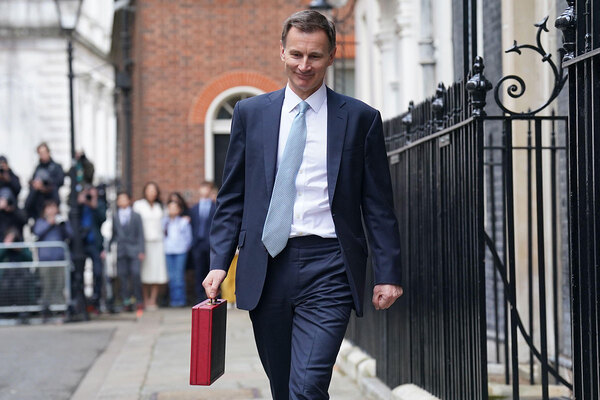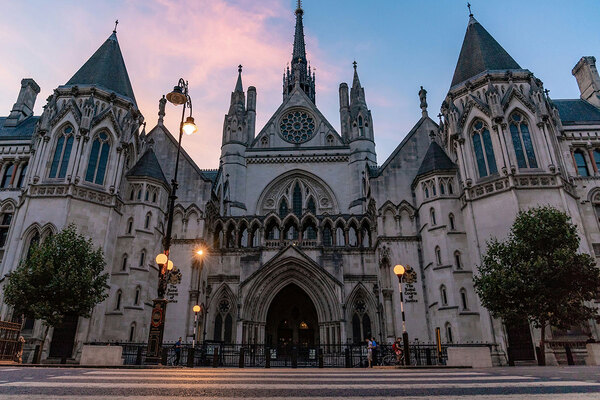You are viewing 1 of your 1 free articles
From the archive - the credit crunch halts private housebuilding
Inside Housing looks back at what was happening in the sector this week 10, 20 and 30 years ago
30 years ago
The Conservative government was in a fight with the opposition over its Housing Bill, with Labour forcing an all-night debate to try to stop it.
Labour was particularly focused on a late amendment which would give the secretary of state the power to determine the conditions of a transfer of homes from the council to another player like a housing association.
The parliamentarians were particularly incensed that the power would apply from before they had a chance to debate the clause, with Labour’s housing spokesperson Clive Soley calling this a “gross abuse of parliamentary procedure”.
The government made a late introduction of 183 clauses and amendments, tabled at the last minute, which Mr Soley said prevented them being properly debated in the Commons.
Picture: Getty
20 years ago
A proposal was made to create a new kind of social tenancy, which would give councils and housing associations the same rights.
The idea came from the Chartered Institute of Housing (CIH), and was meant to be a “big bang” to be introduced in the year 2000.
The aim was to stop the collapse of stock transfers from councils to housing associations, due to tenants being worried about a loss of rights.
Roger Ford, then-operations director at De Montfort Housing Society, was not in favour of the plan, saying that “some minor reductions in the full security of tenure available to tenants is no bad thing”.
Interestingly, the idea would not only have extended tenure security more fully to housing association tenants, but would also have given them the right to buy their home.
John Perry, then-acting chief executive of the CIH, said that he was in favour of a “universal principle” when it came to the Right to Buy.
Paul Jenks, then-housing chair at the Local Government Association, said a single form of tenure should be robust enough to allow landlords to take action against anti-social tenants.
10 years ago
The credit crunch was in full swing and private house builders had effectively stopped building.
The government’s response grabbed our front page, as it was trying to make it easier for social landlords to build as the rest of the market seized up. House builders had no access to traditional financing, so were “not able to develop, even if they were able to sell homes”, said Steve Carr, then director of policy at English Partnerships.
Steve Douglas, then chief executive of the old regulator, the Housing Corporation, said: “In an upturn the private sector comes into its own; in a downturn you need public sector leadership.”
The government was looking to ‘de-risk’ building for social landlords, for example by supplying land.










